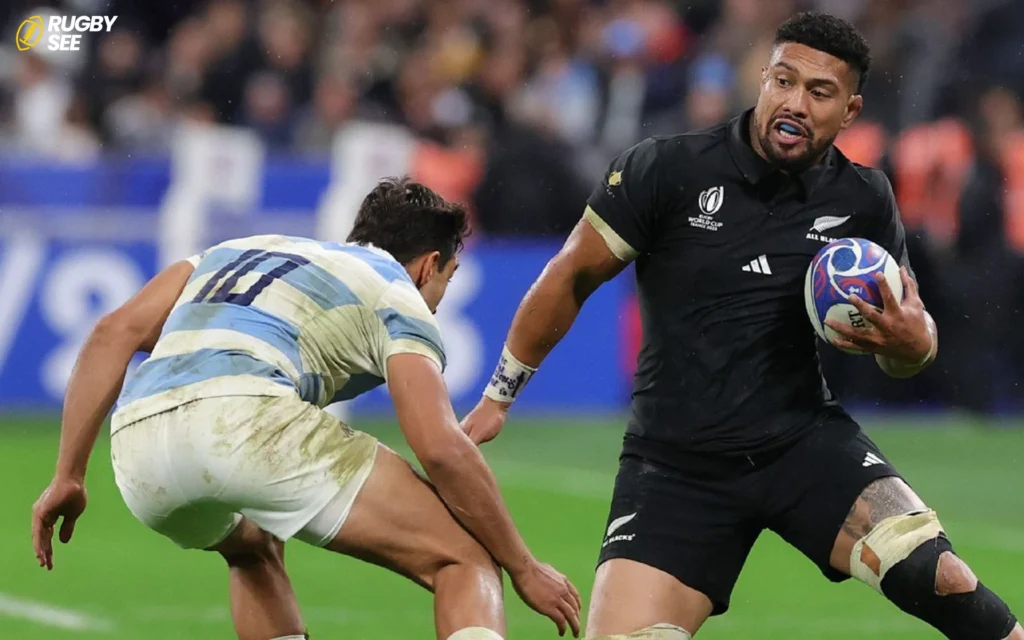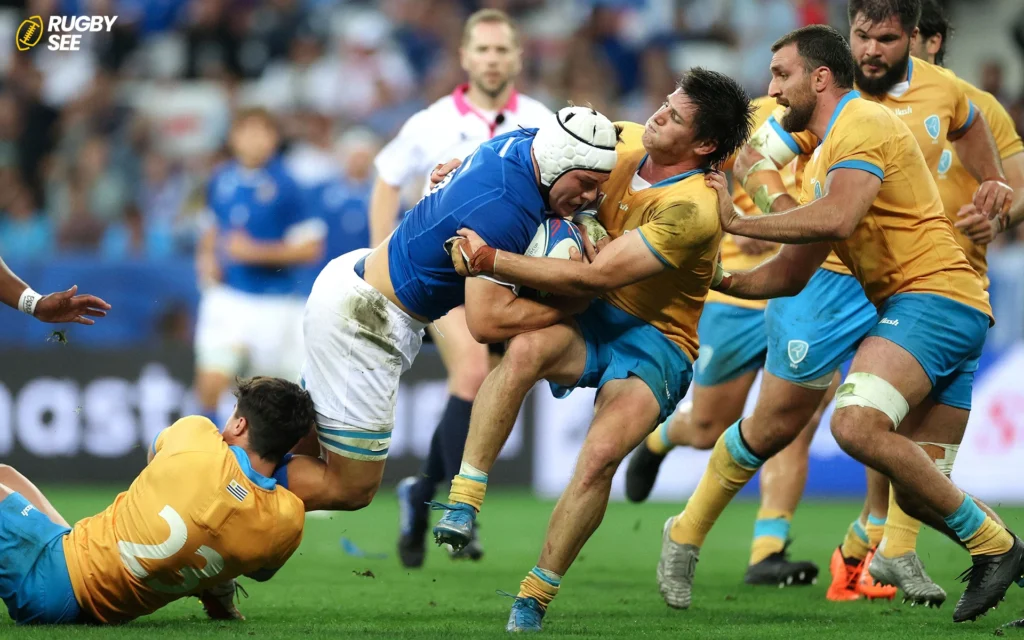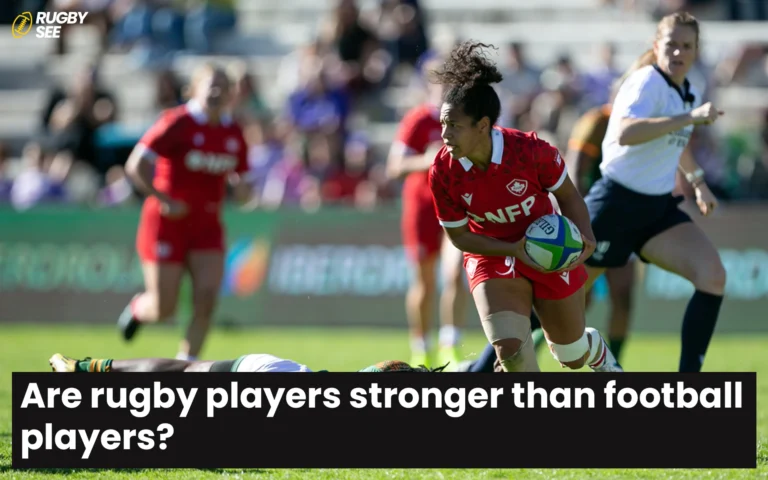Rugby, whose origins date back to the early 19th century, is a sport known for its physicality and strategic gameplay. Unlike American football, where the term “touchdown” is a cornerstone of the game, rugby operates on a different scoring system that may seem complicated to newcomers. The purpose of this Rugbysee article is to demystify the rugby scoring system and clarify whether the concept of a touchdown applies to this dynamic sport.
The Basics of Rugby
Before diving into the specifics of scoring, it’s essential to understand the basics of rugby. Rugby is played between two teams, each consisting of 15 players in union code or 13 players in league code. The objective is to score more points than the opponent through tries, conversions, penalty kicks, and drop goals.
Understanding Rugby Scoring
- Tries: The closest equivalent to a touchdown in rugby is a “try.” A try is scored when a player places the ball down in the opponents’ in-goal area. Unlike American football, where crossing the end zone with possession of the ball results in a touchdown, rugby requires the player to physically touch the ball down within the in-goal area. A try is worth five points in rugby union and four points in rugby league.
- Conversions: After scoring a try, the team is awarded an opportunity to kick a conversion for extra points. The kick is taken from a point in line with where the try was scored, extending out 20 meters from the goal line. A successful conversion adds two points to the team’s total.
- Penalty Kicks and Drop Goals: Teams can also score through penalty kicks and drop goals during open play. A penalty kick is awarded for various infringements by the opposing team and is worth three points if successfully kicked between the goalposts. Similarly, a drop goal can be attempted during open play by dropping the ball and kicking it as it bounces off the ground, also worth three points if successful.
So, Does Rugby Have Touchdowns?
In the traditional sense used in American football, rugby does not have touchdowns. The concept of scoring by simply crossing into the end zone doesn’t exist in rugby. Instead, rugby has tries, which are similar but require the additional action of touching the ball down in the in-goal area. This fundamental difference highlights the unique aspects of rugby’s scoring system and gameplay.

The Role of Strategy in Rugby
Unlike the straightforward scoring approach of American football, rugby’s strategic depth lies in its varied scoring opportunities and the tactics employed to achieve them. Teams must decide whether to pursue a try, opt for a penalty kick, or attempt a drop goal based on their position on the field, the strength of their opponents, and the game’s current state. This strategic decision-making adds a layer of complexity and excitement to the game, making it not just a test of physical prowess but also of mental acuity.
The Significance of Rugby World Cup
The Rugby World Cup stands as a testament to the sport’s global appeal and competitive spirit. Held every four years, it brings together the best teams from around the world to compete for the coveted title. The tournament showcases the sport’s international reach and the cultural significance it holds in countries such as New Zealand, England, South Africa, and Australia. The World Cup not only highlights the high level of skill and dedication required to excel in rugby but also promotes unity and sportsmanship across nations.

Rugby’s Evolution and Global Impact
Rugby has evolved significantly since its inception, with changes to rules, playing styles, and even the introduction of professional leagues contributing to its growing popularity. The sport has a rich history, with its origins dating back to Rugby School in England, where it is believed to have been invented in the early 19th century. Today, rugby is played worldwide, with countries from every continent participating in international competitions. This global reach has not only spread the values and traditions of rugby but has also influenced local cultures, creating a worldwide rugby community and if you want to know more about popularity og Rugby read which rugby is more popular.
Key Players and Legendary Matches
Over the years, rugby has seen many legendary players who have left an indelible mark on the sport. Players like Jonah Lomu of New Zealand, with his unmatched power and speed, and Johnny Wilkinson of England, known for his precision kicking, have become icons of the game. Legendary matches, such as the 1995 Rugby World Cup final between South Africa and New Zealand, are still celebrated for their intense competition and the stories of unity and triumph they represent. These moments and figures have contributed to the rich tapestry of rugby’s history, inspiring new generations to take up the sport and if you want to know more about that what countries play Rugby read what countries have rugby.

Rugby’s scoring system, with its emphasis on tries, conversions, penalty kicks, and drop goals, offers a different but equally thrilling experience compared to American football. While the sport may not have touchdowns in the American football sense, the excitement and strategic depth of scoring in rugby provide fans and players with a dynamic and engaging sport. Understanding these differences helps appreciate the global diversity of sports and the unique characteristics that make each game special.










